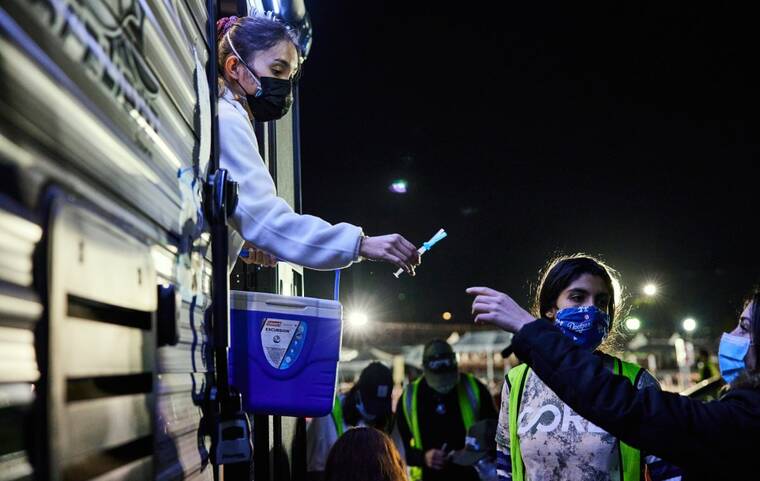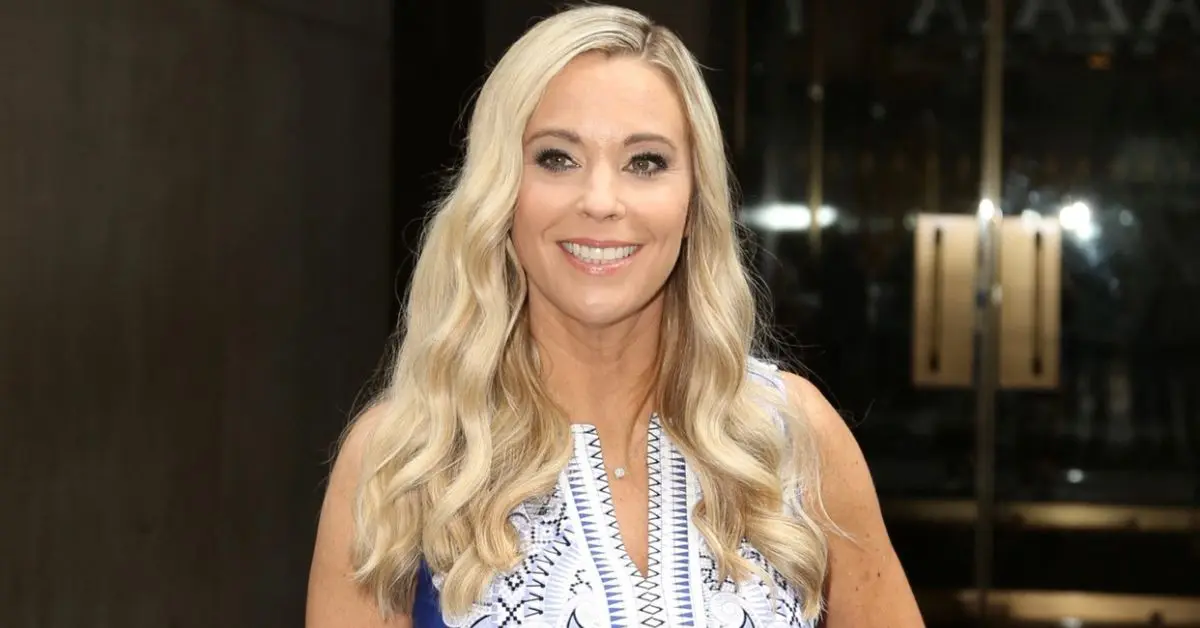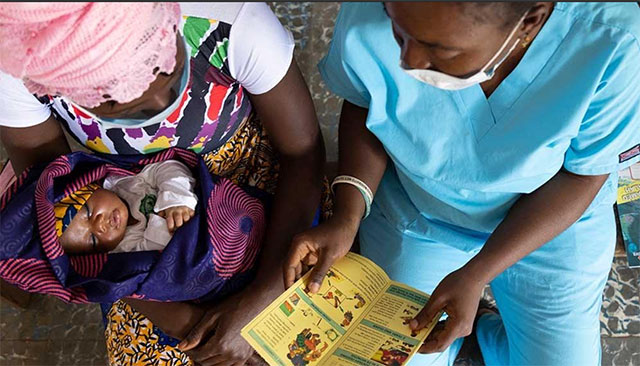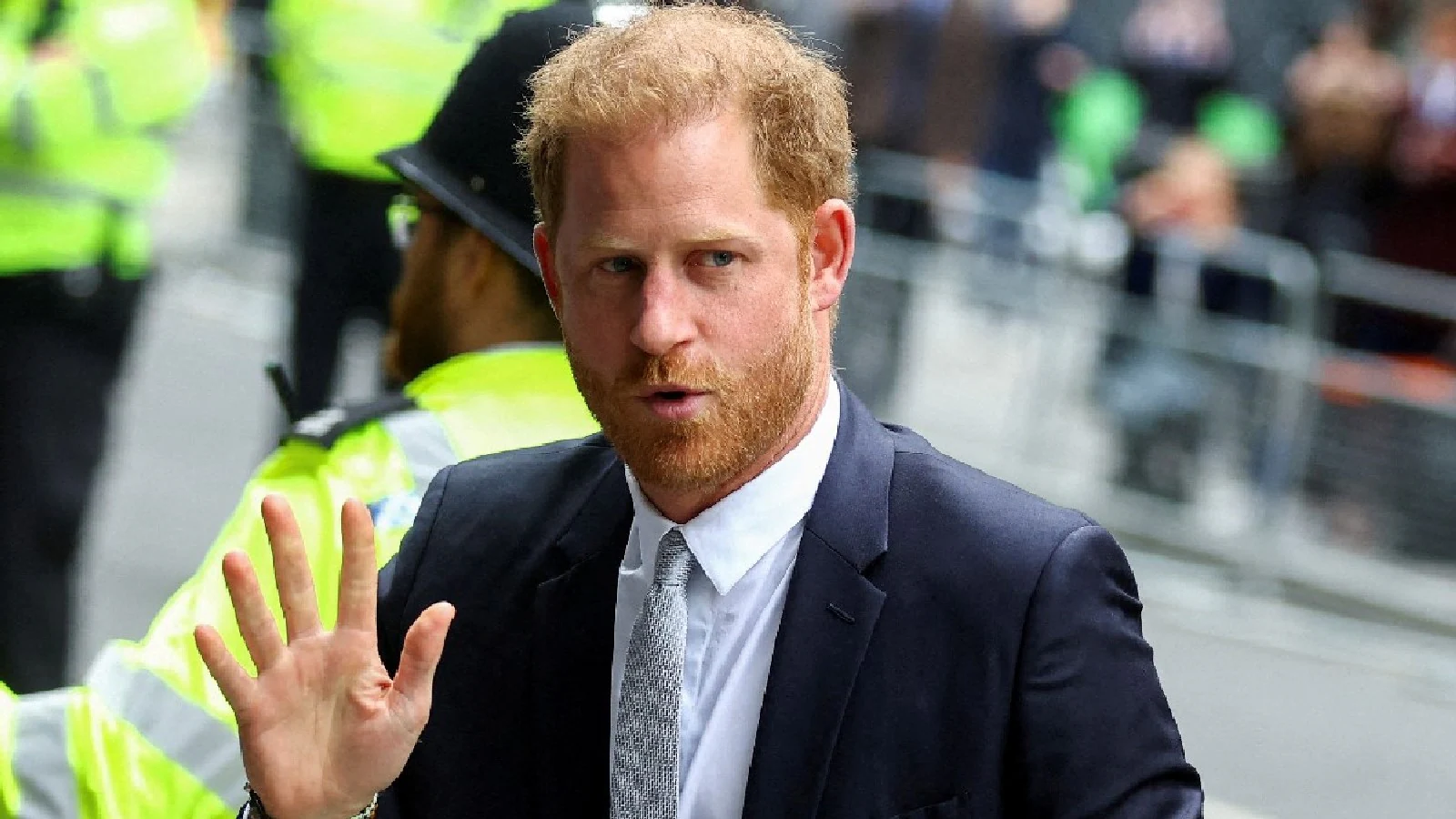By New York Times
Copyright staradvertiser

Four Democratic-controlled Western states today issued their own recommendations on who should get three common seasonal vaccines, a sharp rejection of efforts by Health Secretary Robert F. Kennedy Jr. to upend vaccine policy at the federal level.
The so-called West Coast Health Alliance — which includes health officials in California, Oregon, Washington and Hawaii — recommended that every resident 6 months and older receive the flu vaccine this fall. They also recommended that broad swaths of the population receive a COVID-19 shot, including pregnant women and all children from 6 months to 2 years old, and that RSV vaccines be given to infants under 8 months and adults over 75, as well as to others with certain risk factors.
The detailed guidance generally mirrors clinical recommendations that have been made by the federal government and by national medical organizations such as the American Academy of Pediatrics, the American College of Obstetricians and Gynecologists and the American Academy of Family Physicians.
But it diverges in some ways from those of the Centers for Disease Control and Prevention under Kennedy, which no longer recommends the COVID vaccine for healthy pregnant women and which says that healthy children should only receive it in consultation with a doctor. It has not taken major action to change recommendations around flu vaccines, and it has not yet weighed in on the RSV vaccines.
This week, the federal Advisory Committee on Immunization Practices is set to meet to review, and potentially change, recommendations for several vaccines, including those for COVID, hepatitis B and measles. This summer, Kennedy fired all the members of the committee and replaced them. His new picks included people who have long been skeptical about the safety and efficacy of vaccines.
The Western states’ guidelines were announced on the same day that Susan Monarez, the recently ousted director of the CDC, testified before the Senate health committee, saying she was fired by Kennedy for refusing to preemptively support his vaccine recommendations without seeing the science behind them.
In drawing up the guidelines, the health officials of the four states — all of whom are medical doctors — said they consulted top medical organizations and subject matter experts. They said the new recommendations were also intended to help prevent strain on hospitals this winter by reducing community transmission and cases of serious illness in the states.
“The effectiveness of public health institutions depends on the public’s trust,” said Hawaii Health Department Director Dr. Kenneth Fink in a news release.
“We understand our responsibility to earn that trust by helping people protect themselves, their families and their community. These recommendations represent a collaborative effort, done with humility and based on science, to meet our responsibilities to our communities and the public at large.”
Dr. Erica Pan, the director of the California Department of Public Health, said in a statement that she wanted “the people who live and work in our states to know that there is a strong public health, health care and scientific community that will continue to stand together” to provide all the necessary data “for you to make healthy choices.”
But the states’ announcement did not make clear whether insurance companies would be required to cover vaccinations for individuals who fell outside the groups outlined in federal guidelines — though health experts say it is generally cost-effective for them to do so, since vaccines can prevent much more expensive hospitalizations.
During the peak of the COVID pandemic, Western states formed a similar working group in an effort to boost public confidence in vaccines. Northeastern states have met to discuss coordinating their own vaccine recommendations as well.
Seasonal vaccination rates are typically much lower than the rates for standard childhood immunizations, such as the MMR vaccine, which protects against measles, mumps and rubella. But coverage rates for those have been falling, and most kindergartners now live in states where the childhood vaccination rates are below levels needed to achieve broad immunity in a community.
The Trump administration’s departure from top medical groups’ recommendations on vaccine policy is expected to continue. In fact, the federal committee that Kennedy disbanded and replaced is expected in the coming days to recommend restricting hepatitis B shots for newborns.
Here are the full vaccine recommendations from officials in Western states:
COVID-19 vaccine
— Children who are 6-23 months; are 2-18 years who have risk factors; or were never vaccinated against COVID-19. All children who are in close contact with people who have risk factors.
— Women who are planning pregnancy or are pregnant, postpartum or lactating.
— Adults who are 65 years and older; adults younger than 65 who have risk factors; adults who are in close contact with people who have risk factors.
Flu vaccine
— Everyone 6 months and older, including women who are planning pregnancy or are pregnant, postpartum or lactating.
RSV vaccine
— Children who are younger than 8 months; children 8-19 months who have risk factors.
— All pregnant women who are 32-36 weeks gestational age.
— Adults who are 75 years and older; adults who are 50-74 with risk factors.
This article originally appeared in The New York Times.
© 2025 The New York Times Company



